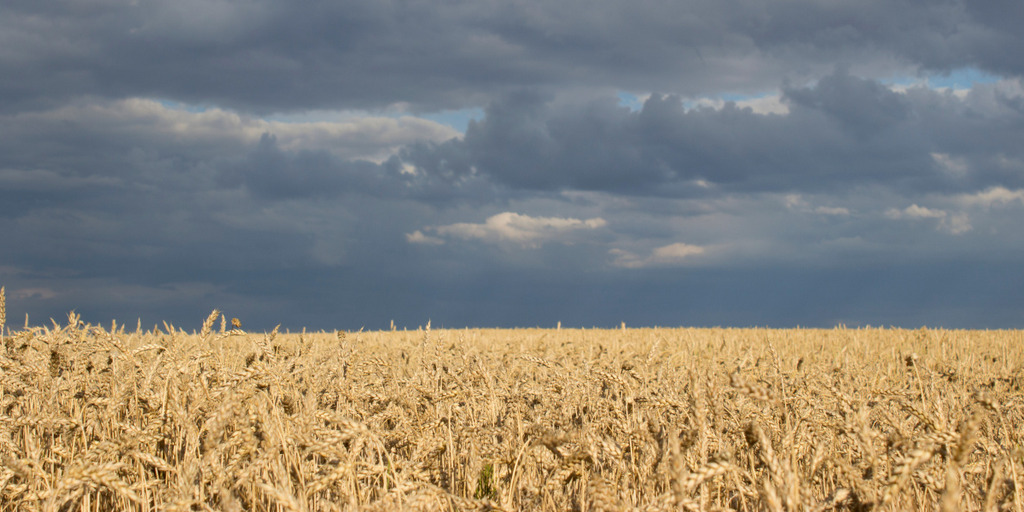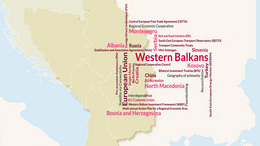Ukraine is one of the most important global suppliers of primary agriculture and food commodities. Since its independence in 1991, the country has continuously increased crop yields of various agricultural products and expanded its global exports. The consequences of the Russian war of aggression are now hitting not only the Ukrainian agricultural sector itself, but also those countries that are particularly dependent on agricultural imports from Ukraine. In our study Ukraine's Role in Global Food Supply: Individual Countries' Vulnerability, we explore which countries are most affected by these supply shocks.
The analysis is designed to shed light on the implications for shortfalls in supply of six key products. In sunflower-seed oil, Ukraine has become the world's largest producer, supplying nearly 40 percent of global exports. For corn (13 percent) and barley (12 percent), Ukraine ranks fourth. In wheat, it is the fifth-largest producer globally, accounting for eight percent of global exports. In soybeans, Ukraine ranks seventh, accounting for more than one percent of worldwide exports. Among poultry producers, the Eastern European country ranks tenth and is responsible for a good two percent of all global exports.
In 2021, before Russia's war, Ukraine produced around 5.4 tons of grain per hectare. This yield doubled since 1991. There were similar growth rates in other agricultural products, for example, regarding sugar beets, potatoes, vegetables, and berries and fruits. In total, Ukraine exported USD 27 billion worth of agricultural products last year, including 86 million tons of grain and 16 million tons of sunflower seeds.



![[Translate to English:] Schiffe auf dem Meer mit Bohrtürmen im Hintergrund](/fileadmin/files/_processed_/6/c/csm_781790850AdobeStock_84943428_KONZERN_ST-EZ_3c7208f56d.jpg)

![[Translate to English:] Justitia Statue](/fileadmin/files/_processed_/d/d/csm_1056315419AdobeStock_308429830_KONZERN_ST-EZ_9a8ce865a6.jpg)


